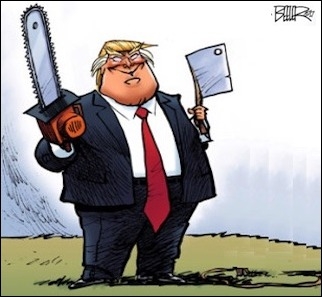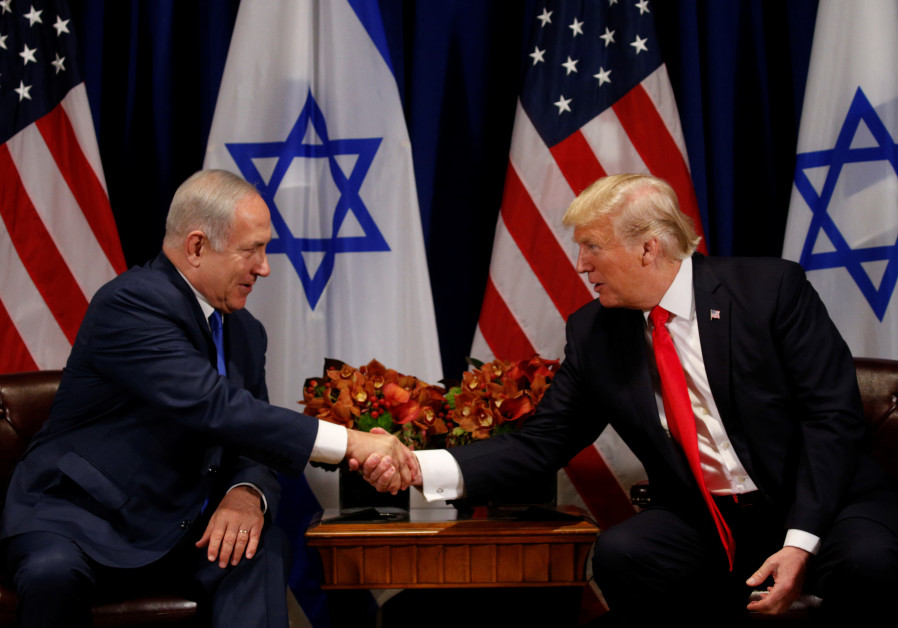
British police officers and emergency services work on Westminster Bridge in the aftermath of a terror incident. Picture: AFP
Another day. Another terrorist. Another misdiagnosis.
We’ve long been told by “experts” that terrorism is the result of the perpetrators being mentally ill, poor, unemployed, uneducated or marginalised. Yet al-Qa’ida leader Osama bin Laden was a billionaire and Islamic State leader Abu Bakr al-Baghdadi holds a PhD.
So much for poverty and lack of education.
Present-day Muslims, irrespective of whether they are terrorists or normal citizens, collectively subscribe to an augmented reality featuring a struggle between the imperialist forces of America, Israel and their Western allies on one side and the global community of Muslims on the other.
Blind trust in conspiracy theories does more to influence this world view than critical inquiry. No, not the “moon landing never happened” or “Elvis is still alive”- type theories. More so “the Jews, the Freemasons and the illuminati control the world” and “September 11 was an inside job to demonise Muslims”-type theories.
Romanticising over the lost glories of a once mighty Islamic empire that stretched from China to Spain remains a favourite pastime in learned Muslim circles. British and French colonialism are deeply resented for playing divide-and-conquer between Turks and Arabs in the 1920s to dismantle the Ottoman Empire, the last Islamic caliphate on earth.
European Ashkenazi Jews are begrudged for colluding with the British Empire to create Israel in 1948 in the heart of the Islamic world. Many believe the goal of Zionism is to usurp more Arab land and create “Greater Israel” stretching from the rivers Nile in Egypt to the Euphrates in Iraq.
Many similarly believe that Israel has a secret plot to demolish the Dome of the Rock and al-Aqsa mosque to rebuild the third Jewish temple over the holy site.
From the 1991 Gulf war to the 2001 war on terror in Afghanistan and the 2003 Iraq war, every case of American military intervention in Muslim nations is perceived as a “crusade” against Islam, despite each having occurred with the support of co-operating elements within those nations.
Liberating Jerusalem from the Zionists, toppling pro-American puppet regimes in Muslim nations and challenging America’s might as the world’s sole superpower are fantasies that lie at the core of this world view.
These are the exact aspirations extremist Muslims are striving hard to bring to reality by means of asymmetric warfare, otherwise known as terrorism.
When we see Muslims condemning extremist Muslims, what they’re essentially saying is that suicide bombings, stabbings, kidnappings, beheadings and mowing down pedestrians are unacceptable means to advance these aspirations.
They’re not necessarily saying the aspirations are the problem. The condemnation is directed at the means, not the end. Muslims and extremist Muslims often yearn for the same political outcomes. Except one finds an outlet in words, the other in weapons.
Islamic State publishes an online propaganda magazine called Dabiq. It contains graphic images of Muslim corpses following American drone strikes on al-Qa’ida cells in Yemen and on Taliban hideouts in Pakistan. Such images come with captions reporting more civilian deaths than those of terrorists.
The myth that American and Israeli militaries are deliberately killing Muslim civilians because they feel threatened by Islam is the single greatest driving force behind radicalisation.
Dabiq urges Muslims worldwide to fight the injustices inflicted by “the Crusaders and the Jews” by killing their civilians. This call to action appeals to some because they are already predisposed to deep-seated anti-American, anti-Zionist resentment.
The British Empire colonised both Hindus and Muslims in the Indian subcontinent for the same length of time. There are prominent Hindu anti-imperialists who believe Britain owes reparations to India, yet there is no Hindu lone wolf mowing down British pedestrians on Westminster Bridge.
America dropped two nuclear bombs on Japan during World War II, yet the Japanese haven’t set up terrorist organisations urging people to storm a gay nightclub in Florida and gun down 50 unarmed civilians trying to dance the night away.
America has a longer history of military intervention in Latin America than it does in the Middle East, yet there are no Hispanic hijackers flying planes through the World Trade Centre.
Suffice it to say the case of Muslim victimhood is exceptionally eruptive.
It is my contention that unless the myths and conspiracy theories that underpin this augmented reality are comprehensively refuted, Muslims worldwide will continue to remain susceptible to radicalisation.
For now, let’s focus on internalising the diagnosis of the problem presented in this article. As to how the associated world view may be refuted will be a subject for a future article. Stay tuned.



